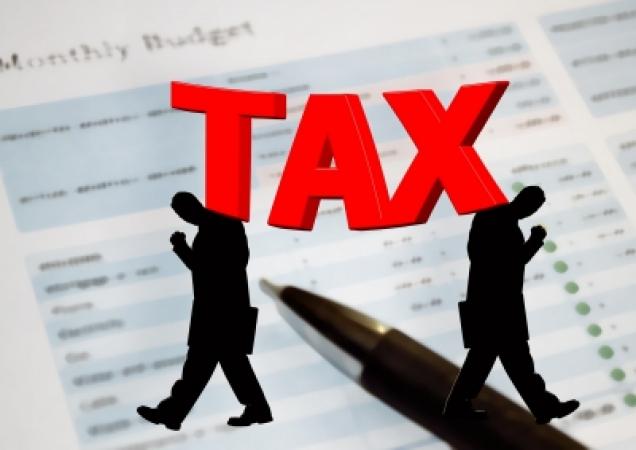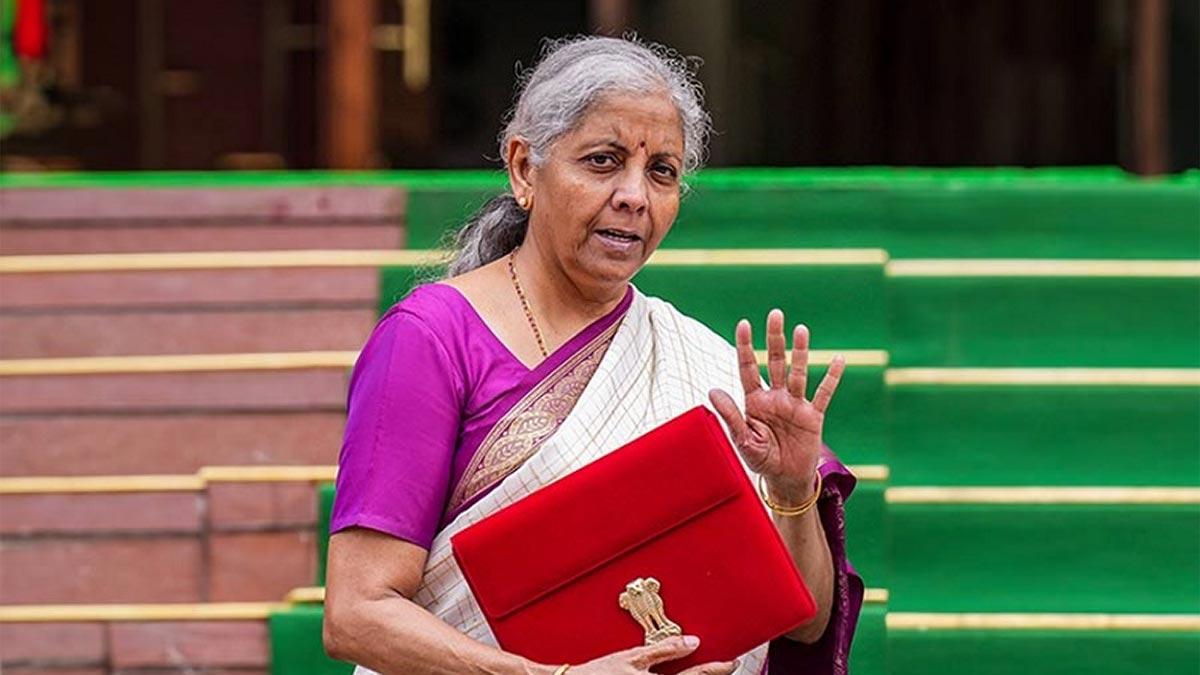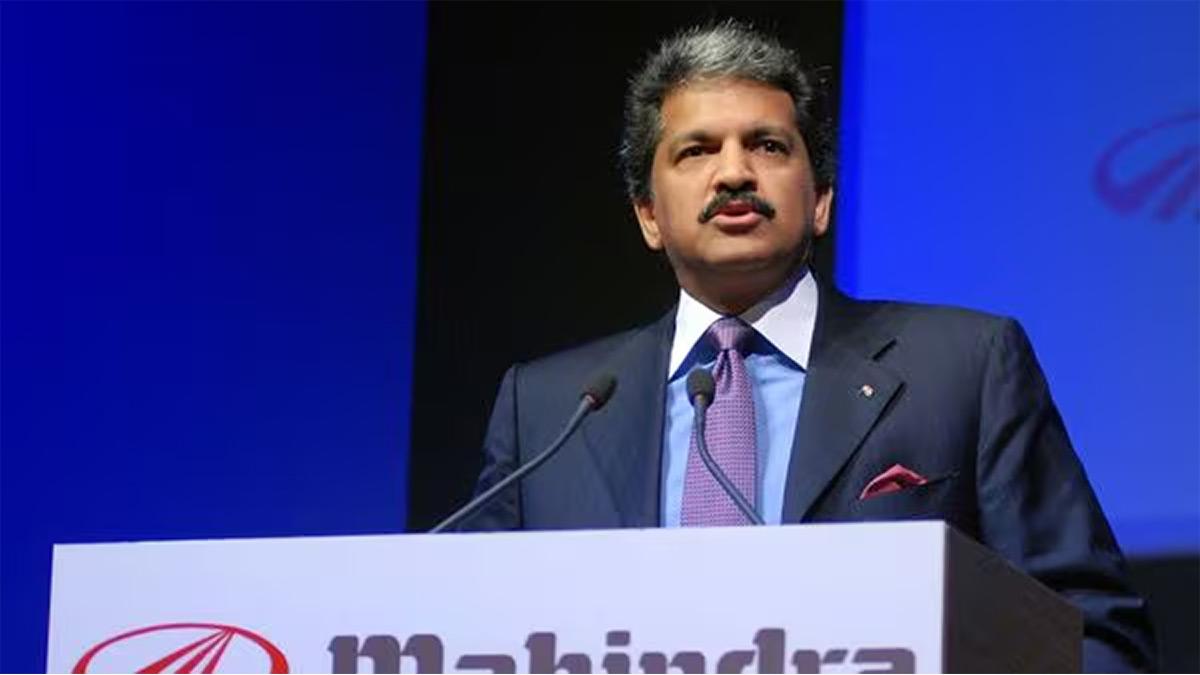The new provisions related to Income Tax (IT) in the Union Budget 2022 will be in effect from the new financial year 2022-23 which begins on 1st April. These include several changes in the IT rules vis-à-vis crypto assets, EPF interests, tax relief for cooperatives and startups as well as for COVID19 treatment which will be effective from Friday. Here are the key changes in the Income Tax effective from the FY 2022-23.
1. Provision for “Updated Return”
Some taxpayers find themselves in a situation where they have committed omissions/mistakes/errors in correctly estimating their income for tax purposes.
Taxpayers will be allowed to file an updated return which can be done within 2 years from the end of the relevant assessment year.
2. Reduction in Alternate Minimum Tax and surcharges for Cooperatives
To ensure a level playing field between companies and cooperatives vis-à-vis Minimum Alternate Tax (MAT), the budget proposed a provision to reduce MAT for the cooperatives from 18.5 percent to 15 percent.
For the cooperatives having an income between INR 1-10 crores, the surcharge has been reduced from 12 percent to 7 percent.
Also read| Rising demand, waning Covid impact to accelerate NBFC's growth
3. Tax relief for Startups
Those startups which have been established before 31 March 2022 will be provided an extra one year of tax incentives in addition to the 3 consecutive years (out of 10 years from incorporation).
4. Extension of tax incentives for newly established manufacturing entities
The newly established domestic manufacturing entities will be provided an extra year of concessional tax regime of 15 percent from 31st March 2023 to 31st March 2024.
5. Taxation of Crypto/virtual digital Assets
The budget 2022 introduced a provision for taxing the transfer of virtual digital assets at 30 percent.
With respect to any expenditure or allowance, no deduction will be allowed while calculating the income from virtual digital asset transfer.
Any loss suffered from the transfer of such assets cannot be set-off against other income of any kind.
There is no provision for tax breaks on infrastructure costs. Nor will the mining of virtual digital assets be treated as cost of acquisition.
The Budget also introduced a provision of TDS on payment made vis-à-vis transfer of cryptos/digital assets at 1 percent above a threshold of INR 50000 annually for certain individuals. These include specified persons/HUFs who will be required to get their accounts audited under the IT Act.
The 30 percent tax will be effective from 1st April while the TDS will be effective from 1st July.
Also read| India Ratings revise its FY23 GDP growth forecast downwards to 7-7.2%
6. Deduction for NPS for state government employees
The budget includes a provision for increase in tax deduction limit for National Pension Scheme (NPS) from 10 percent to 14 percent for state government employees which they will be able to claim on their basic salary and dearness allowances, at par with Central Government Employees.
7. Tax of Provident Fund account
The contributions to the Employee Provident Fund has been capped at INR 2.5 lakh per year. Any contributions above the said amount will invite tax on the interest income.
8. Tax relief to individuals with disability
The new provisions provide for availability of annuity/lump sum to the differently-abled individual during the lifetime of the subscriber, i.e., the said person’s parent/guardian attaining after the latter attain the age of 60 years.
9. Tax relief for COVID19 treatment
The provision, effective retrospectively from 1st April 2020, will allow tax relief for individuals who have received monetary help for COVID treatment.
The money received by the families of individuals who have succumbed from COVID will be exempted from tax for a sum up to INR 10 lakh. This is applicable for families who have received the said money within 12 months post the date of passing away.


















